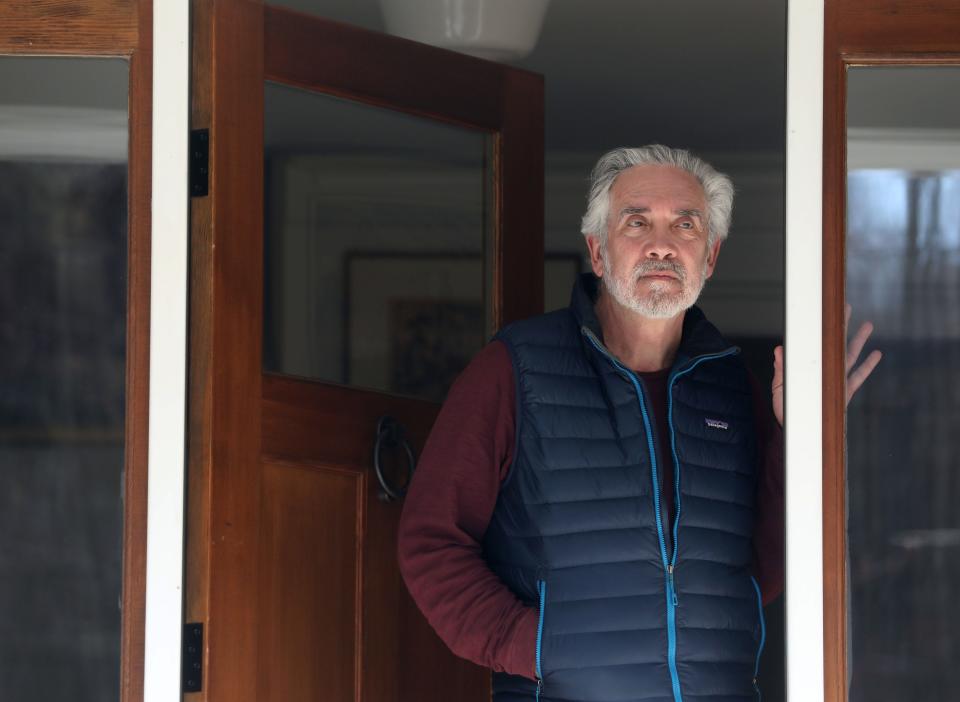A New York neurosurgeon has coronavirus. This is what he wants people to know.
BEDFORD HILLS, N.Y. – A little more than a week ago, Ezriel Kornel caught a cold.
He woke up with a little bit of congestion and some minor discomfort on Monday, March 9.
No fever, no cough.
So Kornel, 66, went to work. He's a neurosurgeon who works both in Westchester County and in the New York City area, and he'd been consistently watching the news and talking with colleagues about the novel coronavirus.
He knew the symptoms – fever, fatigue, cough, shortness of breath. And he had none of them.
"To me, it’s important that people understand that they don’t have to start with a fever," Kornel said. "Because it was so mild, there was no reason for me to think that I had anything other than a cold."
By the evening of Wednesday, March 11, Kornel said his condition deteriorated. He developed a fever, body aches, chills. It felt like the flu.
He called the emergency room, went in the following morning and got tested for coronavirus and other viral illnesses.
He got the results back two days later: positive for COVID-19.
USA TODAY analysis: America's coronavirus 'curve' may be at its most dangerous point
"To me, it's important that people understand they don't have to start with a fever. That's misleading," Kornel said, speaking via Skype from his home in Bedford Hills, Westchester County.
"What I think is so critical for people to know is that if they get symptoms that are even those of a mild cold, they should assume until proven otherwise that they have COVID-19 right now, and isolate themselves."

He's not sure how he came in contact with the virus, and trying to identify every patient or co-worker or person he might have gotten it from is a pointless effort, he said.
The most important thing now, he said, is to let others know what to look out for. And if anyone has any symptoms – flu-like or not – social distancing is going to be key.
"If I had realized that it starts as a simple cold, I wouldn't have gone into the office. I would have started quarantining myself that Monday," he said.
"If (people) have any symptoms that seem like a cold or a flu, they should assume they have COVID-19 until proven otherwise ... You don't want to have to regret having infected and gotten sick a loved one or a friend or a colleague."
Now, more than a week into the course of the virus, Kornel said he's starting to feel much better.
He's got more energy, less soreness and is able to get out of bed more than just once or twice a day.
He's hoping to be asymptomatic by the end of the week, and after an additional seven days without symptoms, he said he'll be going back to work.
There is neither a vaccine nor an approved treatment for the virus.
While younger people may experience the illness as a bad cold with a fever, the concern is that older people and those who have additional medical conditions will develop a more severe form of COVID-19.
Kornel said his particular experience with coronavirus was unpleasant, but not unbearable.
He knows he's one of the lucky ones.
"I actually feel fortunate because now I can really be involved in the health care system without worrying that I can contract it," Kornel said.
"I can be on the front line, and that's great because I was going to be out there anyway."
Fact check: Does using ibuprofen when you have coronavirus make symptoms worse?
This article originally appeared on New York State Team: Coronavirus in New York: Man tests positive, describes early stages

